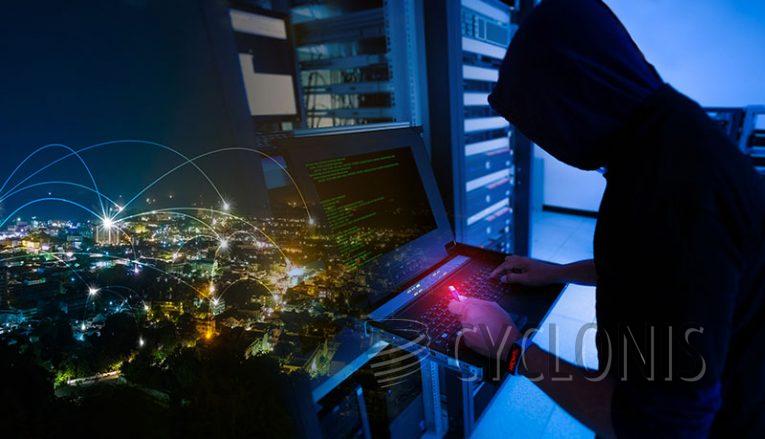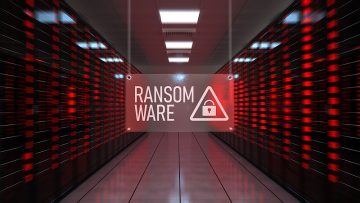Major Water Supply Companies Hit by Ransomware Attacks

Two prominent water companies, namely Veolia North America in the United States and Southern Water in the United Kingdom, have fallen victim to ransomware attacks, leading to breaches in their data security.
Veolia Claims No Impact on Operations
Veolia, recognized as the world's largest private player in the water sector, serving tens of millions of individuals with water and wastewater services, disclosed on its website that its Municipal Water division experienced a ransomware attack last week. Responding promptly, the company temporarily shut down the affected backend systems and servers, causing a disruption in online bill payment services.
Veolia asserted that the incident appeared to be contained within its internal systems, with no apparent impact on water or wastewater treatment operations. The company identified a potential compromise of personal information for a limited number of individuals, and affected parties will be notified accordingly. While no ransomware group has claimed responsibility for the attack on Veolia, the company is actively addressing the situation.
Southern Water UK Hit by Black Basta Ransomware Outfit
In a similar vein, Southern Water, responsible for providing water services to 2.5 million customers and wastewater services to 4.7 million customers in the South of England, was targeted by a ransomware group. The company confirmed the detection of suspicious activity on its systems and initiated an investigation. Subsequently, the Black Basta ransomware group claimed responsibility on its leak website, asserting the theft of 750 GB of files, including personal information and corporate documents.
The group posted screenshots showcasing acquired identification document scans, such as passports and driver’s licenses, along with a threat to make the stolen data public if a ransom is not paid within five days. Southern Water is currently examining these claims and has not found evidence of impact on customer relationship or financial systems. Despite the cyber threat, the water utility reassures the public that its services remain unaffected and are operating normally.
These incidents reflect an increasing trend of malicious cyber activity targeting the water sector in the Western world. Notably, last year, hackers with alleged ties to the Iranian government targeted industrial control systems at multiple water facilities in the United States. Additionally, in Ireland, a cyberattack on a small utility's systems caused significant disruption, leaving residents without water for two days.








